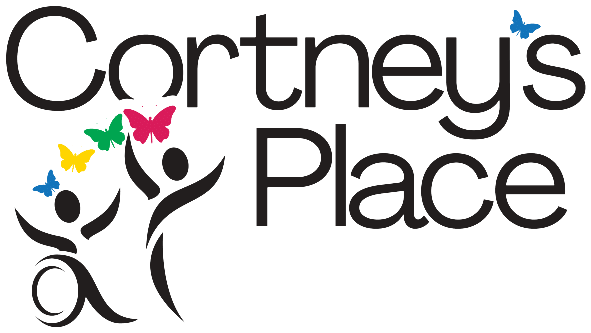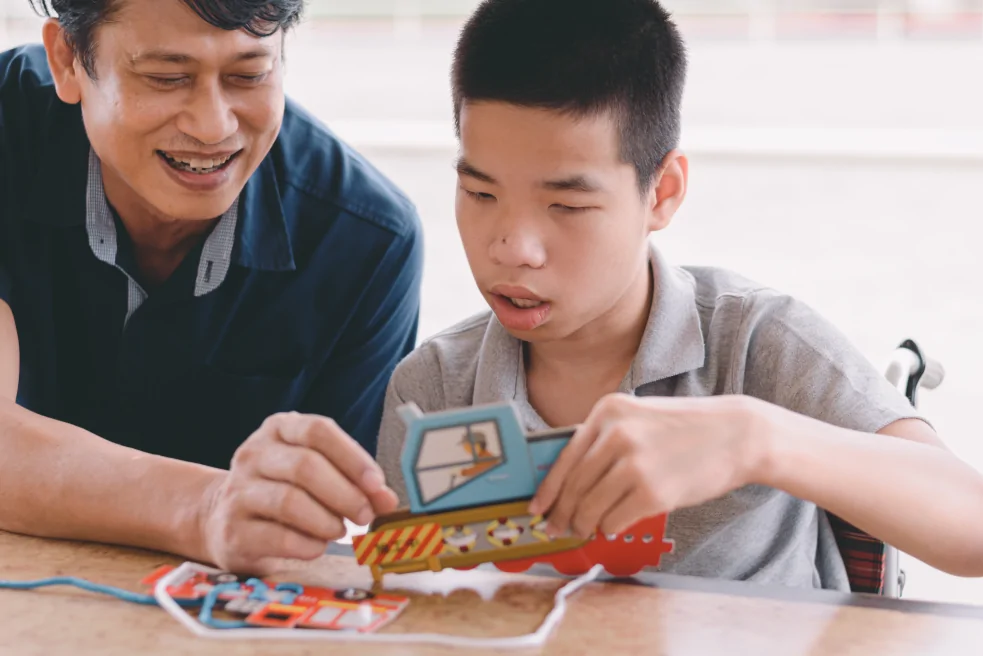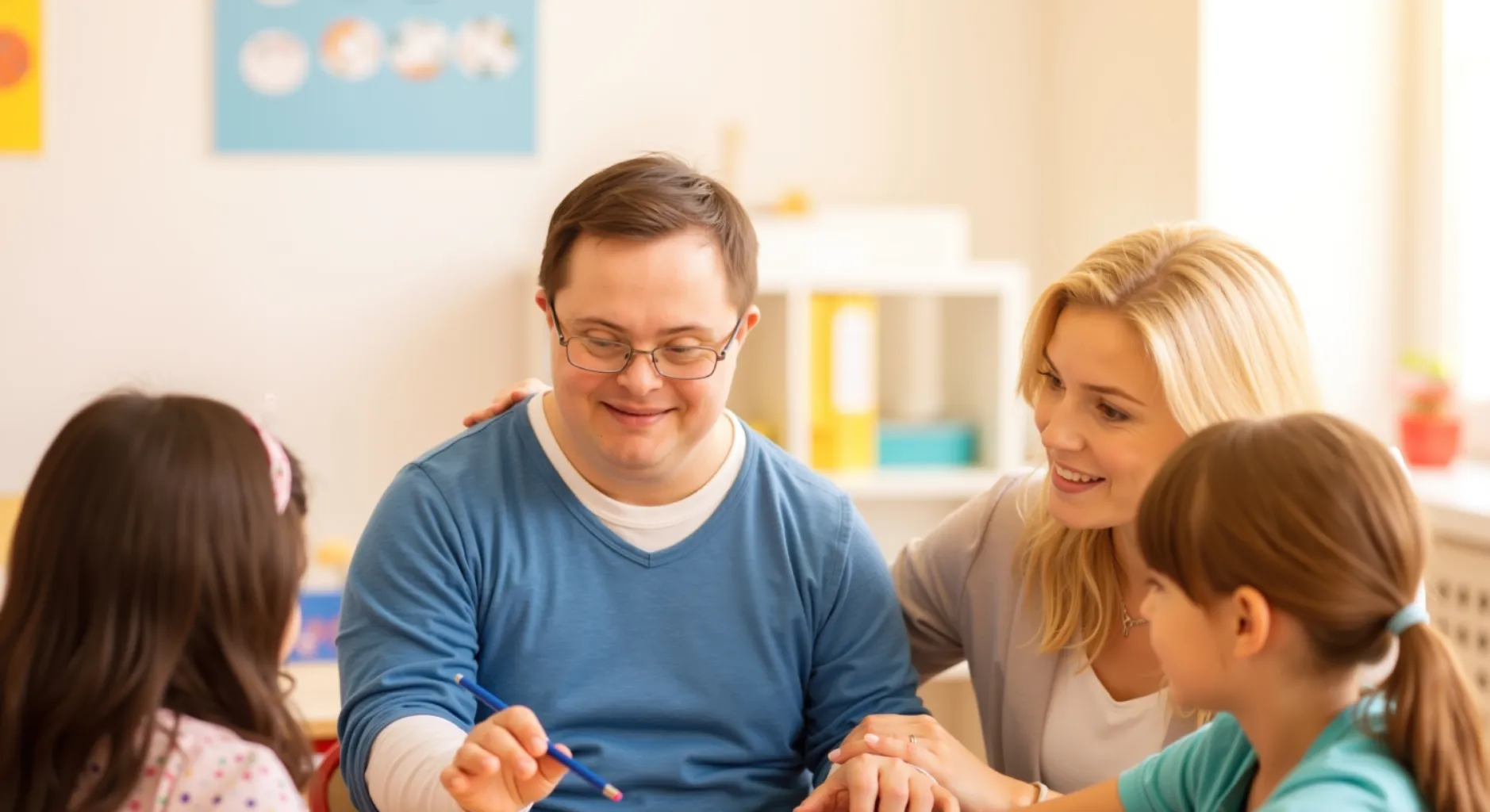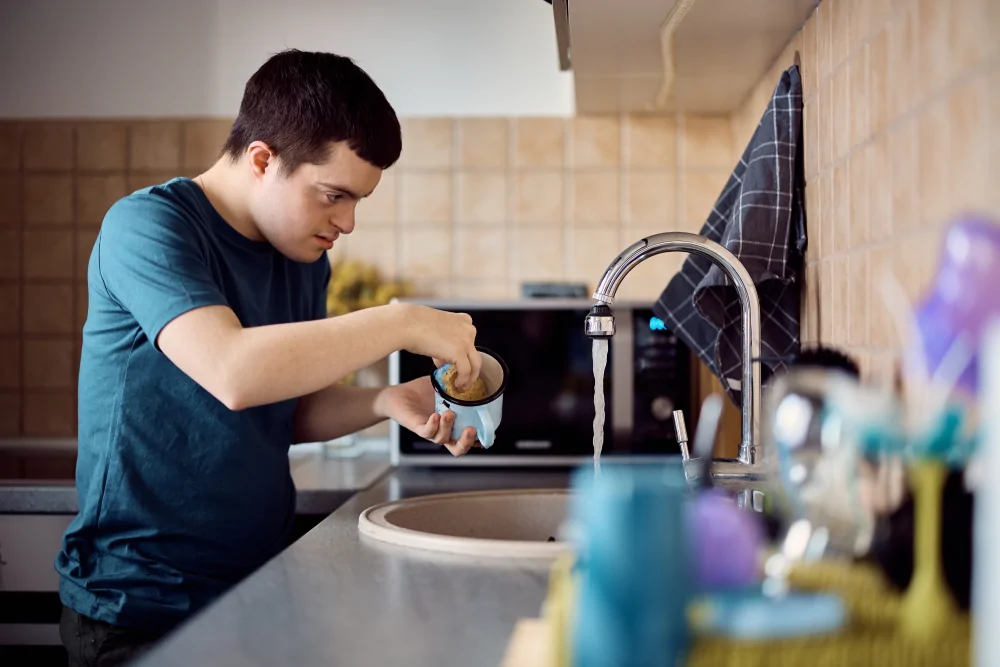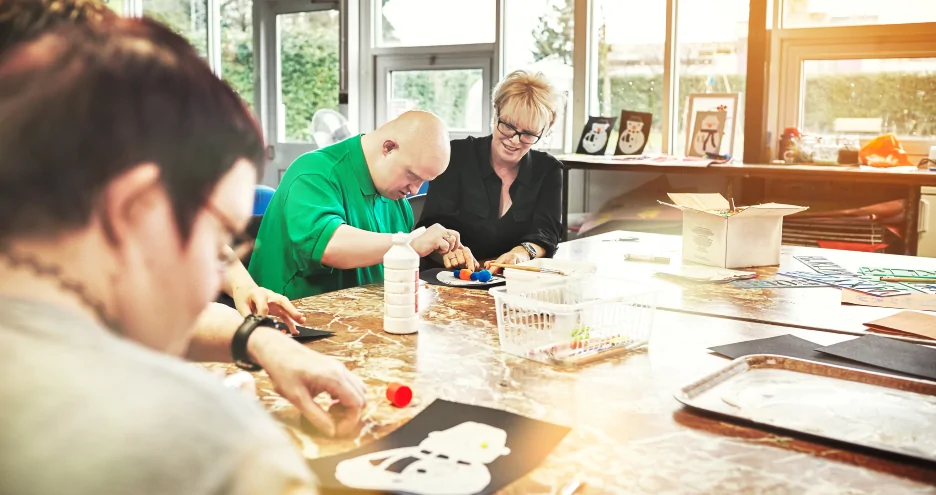Life Skills Activities for Adults with Disabilities: Building Independence, Confidence, and Joy
Adults with disabilities encounter distinct challenges in everyday life, yet with the right support and access to opportunities, they can live full, independent, and rewarding lives. A highly effective way to empower this journey involves actively involving individuals in life skills activities for adults with disabilities. These hands-on, practical experiences not only enhance independence but also build confidence, improve decision-making, and foster a sense of community and self-worth.
This article explores the importance of life skills, highlights key areas of development, and provides a wide range of life skills activities for adults with disabilities.
What Are Life Skills?
Life skills are the everyday abilities people need to manage personal, social, and practical responsibilities. These skills help individuals:
- Navigate daily tasks
- Communicate effectively
- Make safe and informed choices
- Develop routines and habits
- Build relationships
- Participate in their communities
For adults with disabilities, life skills development often requires structured support and repetition, but the results can be transformative—leading to increased independence and quality of life.
Why Life Skills Activities Matter
Engaging in life skills activities helps adults with disabilities:
- Gain independence in everyday tasks like cooking, cleaning, budgeting, and transportation.
- Build confidence by mastering routines and accomplishing personal goals.
- Develop social and communication skills in real-world environments.
- Strengthen motor and cognitive abilities through hands-on practice.
- Foster inclusion by participating in group or community-based activities.
Core Life Skills Areas
To provide comprehensive support, life skills activities cover several key areas:
1. Personal Care and Hygiene Activities
Maintaining good hygiene is essential for maintaining good health, self-esteem, and social interactions. These activities promote routines and awareness.
Activities:
- Step-by-step handwashing practice using visual guides or apps.
- Brushing teeth routines with timers and mirror coaching.
- Laundry basics: separating clothes, using detergent pods, and folding clothes.
- Skincare or grooming stations for shaving, nail care, or hair brushing.
- Role-play “getting ready” for different occasions (school, work, outings).
2. Home and Daily Living Skills
Home skills empower individuals to take care of their personal space and feel comfortable in their living environments.
Activities:
- Meal planning and cooking classes: starting with simple recipes, such as sandwiches or microwave meals, and then progressing to stovetop or baking tasks.
- Cleaning routines: making beds, vacuuming, dishwashing, and dusting.
- Organizing personal items: labeling drawers, using color-coded storage, and creating visual schedules.
- Safe appliance use: how to use a microwave, toaster, washing machine, etc.
- Grocery shopping simulations: writing lists, identifying items, paying at checkout.
3. Communication and Social Skills
Social skills help individuals express themselves, build meaningful relationships, and feel connected to others.
Activities:
- Role-playing conversations for various settings—greetings, asking for help, making small talk.
- Non-verbal communication games: practicing facial expressions, body language, and eye contact.
- Team-building activities like cooperative games, group discussions, or peer interviews.
4. Time Management and Organization
These activities help develop responsibility and structure in everyday life.
Activities:
- Daily schedule creation: using visual planners or digital calendars.
- Timers and alarms: to help manage task durations and routines.
- To-do lists: prioritizing tasks with stickers or checkboxes.
- Packing bags for the day: a checklist for work, gym, or shopping.
- Sorting and labeling activities: drawers, folders, meals, or clothing for each day.
5. Recreation and Leisure Activities
Leisure activities improve well-being, build community, and help individuals explore personal interests.
Activities:
- Arts and crafts workshops (painting, jewelry, scrapbooking).
- Music sessions (sing-alongs, drumming, listening games).
- Dance and movement classes to build coordination and express creativity.
- Gardening clubs: watering plants, planting seeds, learning about vegetables.
- Movie or book clubs with discussion circles.
How to Adapt Activities for Individual Needs
Every adult with a disability has unique strengths and support needs. Activities should be:
- Person-centered: aligned with the individual’s interests and goals.
- Accessible: using tools like visual aids, simplified language, or assistive technology.
- Structured but flexible: offering routine while adjusting for pace or energy levels.
- Inclusive: allowing for social interaction and group participation.
- Empowering: focused on what individuals can do rather than limitations.
Tips for Families, Educators, and Caregivers
- Use positive reinforcement to encourage participation and progress.
- Celebrate small wins—each step matters on the journey toward independence.
- Be patient and consistent. Repetition and routine help build confidence.
- Keep it fun and engaging! Motivation increases when the activity is enjoyable.
Conclusion
Life skills go beyond everyday tasks—they lay the foundation for self-confidence, dignity, and independence in adults with disabilities. Through thoughtful, structured activities that support personal, social, and practical growth, we give individuals the tools to lead richer, more connected lives.
Whether you’re a caregiver, family member, support worker, or organization, your role in creating these opportunities can make all the difference. With time, support, and compassion, every adult can continue to grow, thrive, and shine.
Empowering Abilities, One Skill at a Time
At Cortney’s Place, we believe every adult deserves the opportunity to live with dignity, purpose, and independence. We design our life skills programs to support personal growth, build confidence, and create meaningful connections in a safe and inclusive environment.
Want to learn more?
Reach out to us today to explore our programs, discover volunteer opportunities, or find out how you can support our mission.
Let’s build a brighter, more inclusive future—together.

